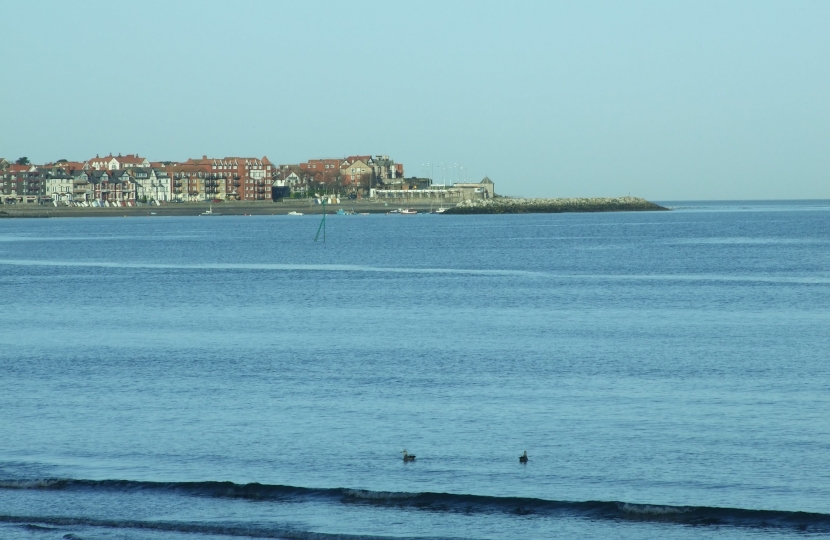
Two weeks ago Labour’s Finance Minister Mark Drakeford AM announced plans for a Tourism Tax. He said “We will work with local government to explore how a tax on tourist accommodation could be used to support the local industry and encourage jobs and growth in Wales.”
The idea has been investigated and introduced in other parts of the world. When it was introduced in Ibiza and Majorca last year, Thomas Cook slammed the levy, describing it as a “significant extra sum” on family holidays which could persuade many families to holiday elsewhere, the Majorca Hoteliers’ Federation said the tax would lead to “millions in losses” for the islands’ economy, and Abta - the association that represents the UK travel industry - warned the tax would “have the unintended consequence of driving tourists away from the islands”.
Why the Welsh Government therefore believes it would be a good idea to introduce a Tourism Tax in Wales beggars belief.
Figures released by the Welsh Government last week showed that Brits took 4.24 million trips to Wales between January and June this year - an increase of 6.3 per cent on last year. Tourists spent £724 million in Wales in the first six months of the year, and that is expected to continue to rise over autumn and winter.
Yet if these ridiculous proposals go ahead, we could be looking at a much different set of figures in the future.
So much hard work has gone into trying to regenerate our towns along the North Wales coast – why put all that in jeopardy?
This tax could devastate communities and make regeneration efforts in Colwyn Bay, Rhyl and Llandudno even more difficult and have a crippling effect on hotels and other businesses which rely on visitors to make ends meet. Small businesses in particular are already struggling and this tax could totally ruin them.
I am also extremely concerned that it could significantly impact on the lower cost end of the holiday market, especially holiday caravan parks and campsites, which we have an abundance of here in North Wales.
Presumably it would apply during peak season, when parents already face a huge burden with inflated prices. Introducing this tax could totally undermine the aspirations of people who are less well-off to have an annual holiday.
A tax on tourists could hammer small firms, discourage people from visiting Wales and make the average family holiday much more expensive leading to visitors seeking holidays elsewhere, yet when I raised these points and challenged the First Minister over the impact it would have on North Wales in the Senedd last week, he once again defended his Government's decision to press ahead with one.
We should be doing all we can to attract tourists to this beautiful part of the country, not discouraging them by making their visits more expensive. The Welsh Government needs to go back to the drawing board and come up with a less destructive way of raising money.


